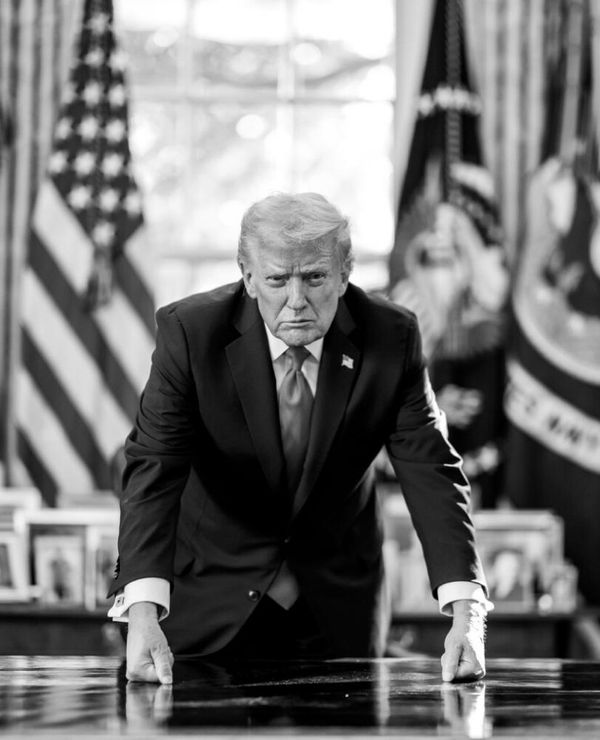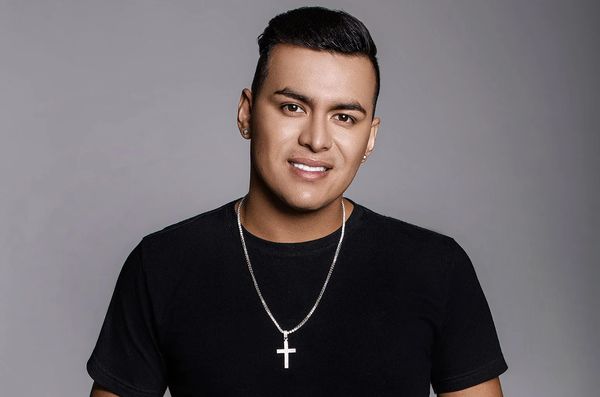
Valery Gerasimov, an unsmiling, grey-haired giant, stood waiting for Vladimir Putin outside the entrance to the Russian Southern Military Command Centre, about 60 miles from the eastern Ukraine border.
His clenched hands hung by his sides, like a schoolboy waiting for the headmaster. It was 19 October 2023. The Russian chief of the general staff, Mr Putin’s top soldier, had been appointed the operational commander of the invasion of Ukraine in January.
It was a move akin to the owner of a football club appointing the manager as his captain on the field. Since 2012, when he was appointed chief of the Russian military, his job had been big-picture strategy; from January 2023, he had needed to be engaged in day-to-day tactics as well.
Thanks to stout defence from Kyiv’s forces, with the help of Western weapons and support, in the nine months since his appointment, Russian forces had captured just 180 square miles of Ukrainian territory, equivalent to 0.08 per cent of Ukraine. Mr Gerasimov faced blame. Many of the nationalist war bloggers who have licence to criticise the conduct of the war, blamed him for the fact that a superpower military – supposedly expensively modernised in the last 15 years – had been unable to take hold of more of its smaller neighbour’s territory.
Western critics have called the Russian army naive, poorly equipped, slow to react and dogged by muddled command structures.
Mr Gerasimov’s career up to the full-scale invasion of Ukraine on 24 February 2022 had been characterised by an impressive ability to adapt.
A police officer takes cover in front of a burning building that was hit in a Russian airstrike in Avdiivka, eastern Ukraine— (AP)
As a young student at military school, he had overcome a lack of natural intuition by “devouring stacks of military books by Russian military theorists”, according to Seth Jones, a former US intelligence analyst who included a biography of Mr Gerasimov in a book called Three Dangerous Men. He eventually became a top student.
As a 22-year-old tank commander in 1977 in Poland, and then among the top staff for the Baltic Military District at the turn of the 1990s in Estonia, he watched as Western-funded pro-democracy groups helped overthrow Soviet rule. The Soviet Union would collapse entirely in 1991. It was the end of the Cold War and the US had not fired a single bullet. This “began to shape Gerasimov’s use of hybrid warfare strategies and tactics, which you can see when he really starts to come into his prime,” Mr Jones told The Independent.
Vladimir Putin is applauded after speaking at a gala concert marking Victory Day in Sevastopol, Crimea, on 9 May 2014.— (AP)
Fast-forward to 2014, and having spent years studying the US use of irregular warfare, which involves covert influence operations to achieve conventional war aims, Mr Gerasimov had helped annex Crimea from Ukraine. He would oversee the “little green men” – wearing green Russian uniforms and carrying Russian weapons – that would go on to take control of swathes of the Luhansk and Donetsk regions of eastern Ukraine later that same year. That nickname was earned thanks to Moscow refusing to admit involvement, trying to suggest they were local “self-defence” groups. However, Mr Putin later admitted that Russian soldiers were involved in Crimea and that “military specialists” were in eastern Ukraine.
It was the largest land grab by a sovereign country in Europe since the Second World War.
“From Putin’s point of view, he was surrounded by so many people who promised but didn’t deliver,” said Mark Galeotti, an expert in Russian history. “But here was a guy who, when given a task, goes out and gets it done. That’s what Putin prized.”
In 2018, in an article entitled “Thoughts on Future Military Conflict”, Mr Gerasimov wrote proudly: “The spectrum of possible conflicts is extremely broad.”
But when Mr Putin dropped down from his large black SUV in the cold October evening this year, Mr Gerasimov had less to brag about. He hung his head as Mr Putin stood tall.
“Gerasimov launched an ill-conceived and ill-timed offensive across [East Ukraine] starting in late January,” Mike Kofman and Rob Lee, two pre-eminent war analysts wrote. “The Russian military, still recovering, was in no position to conduct offensive operations given its deficits in force quality, equipment, and ammunition.”
Valery Gerasimov took over from Sergey Surovikin (above) in January 2023 after Surovikin failed to launch aggressive offensives in Ukraine, according to Mark Galeotti— (AP)
Then came the failed mutiny by Yevgeny Prigozhin, head of the mercenary Wagner Group, whose forces underpinned much of what Russia was doing in eastern Ukraine, including the long and bloody battle for Bakhmut. That city has taken on a symbolic significance for both sides that far outweighs its tactical importance given the sheer number of troops lost on both sides. Wagner raised a Russian flag in the city, but the battles around the edges of Bakhmut are still heavy.
Prigozhin constantly called out Mr Gerasimov in increasingly foul-mouthed video rants about what he saw as Russian military tactical failures and a lack of support for his men. Given Prigozhin’s position, and his long-standing ties to Mr Putin, it was embarrassing for the Kremlin. When Prigozhin launched his mutiny on 23 June, his forces marched from the same Southern Military District headquarters that Mr Putin would visit in October towards Moscow. Prigozhin would eventually stop 125 miles from the capital after a deal was reached with the Kremlin, but it was the most significant challenge to Mr Putin in years.
Prigozhin, who would die in a plane crash two months later, said the mutiny was not aimed at Mr Putin but was instead a “march for justice” intended to remove incompetent Russian commanders he blames for botching the war in Ukraine, including Mr Gerasimov and the defence minister, Sergei Shoigu.
Mr Gerasimov was not seen in public for more than two weeks after the failed mutiny, until the Russian defence ministry released footage of him talking to troops. The period had been filled with speculation about his fate.
Over the summer, Kyiv launched a counteroffensive against Russian lines. There were some early successes in taking back some villages in the south, and some key strikes on Russian ports and bases in Crimea, but there has been no significant shift in the frontline. This is partly because of Mr Gerasimov’s defensive lines having been given plenty of time to prepare as Kyiv waited for more weapons from the West.
However, Russia has had to be on the defensive, which will not have pleased Mr Putin.
Nonetheless, footage of the October meeting showed the Russian president smiling while talking to Mr Gerasimov. Above them hung a portrait of Mr Putin himself.
In the months after that meeting, Mr Gerasimov committed up to eight Russian brigades to a “major offensive effort” on Avdiivka, a key eastern Ukrainian town on the frontline, according to an intelligence update from the British ministry of defence. But at the time of writing the attack has cost the lives of thousands without much notable change to frontline positions.
In hindsight, that October meeting begs two questions: Why has Mr Gerasimov failed in Ukraine where he previously excelled; and why does Mr Putin keep him in the job – at least for now?
Mr Galeotti suggested the answer was simple.
“Gerasimov has been launching these offensive operations regardless of the catastrophic cost in lives and the fact that they’re not often that effective because that’s what Putin wants,” he said. “He wants proper, aggressive war-fighting.
“I think Gerasimov now realises that his career is entirely dependent on, basically, being loyal to Putin. He must know how militarily senseless so much of what he is doing is. But, I imagine he feels he has no option but to do what he is told. This is what happens in personalistic authoritarianism.”
For all Mr Gerasimov’s successes, his career is now one characterised by blind deference to Mr Putin, not military ingenuity.







